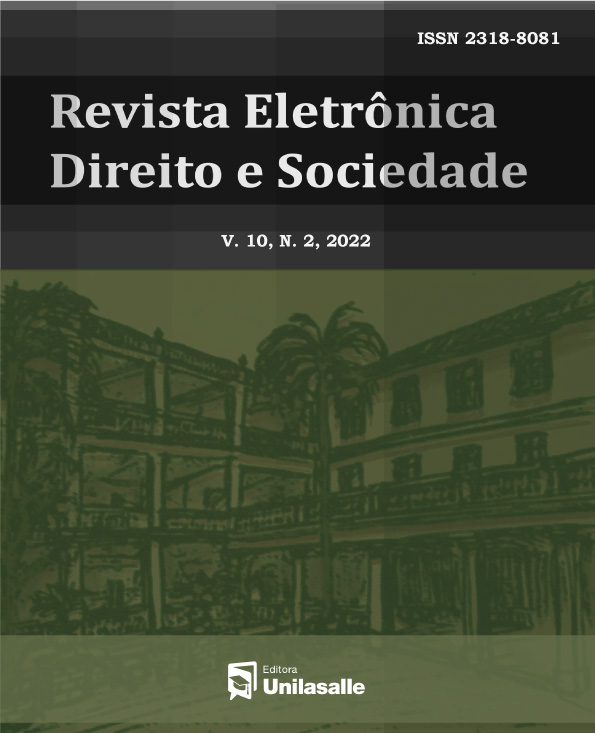Olhar crítico sobre a cidade mercadológica: entre o espaço do capital e o espaço político dos cidadãos
DOI:
https://doi.org/10.18316/redes.v10i2.6229Palabras clave:
Planejamento estratégico urbano, Cidade mercadológica, Espaço político, Marketing urbanoResumen
O Brasil, nos anos da década de 1990, foi marcado por grandes transformações nas esferas social, econômica e política. O processo de globalização agiu diretamente nas políticas urbanas e no planejamento das cidades. Durante esse período, o planejamento e a gestão urbana passaram a ser conduzidos com base em preceitos neoliberais, que visavam o gerenciamento da cidade conforme os mecanismos de controle de uma empresa, pensando a cidade por meio de um Planejamento Urbano Estratégico. O discurso desse planejamento difunde a ideia de que as cidades contemporâneas no sistema capitalista promovam a competição entre si, apresentando seus atributos de maneira mercadológica e, assim, negando a cidade em sua dimensão de espaço político e social. O objetivo deste trabalho é discutir se os fatores de lazer e culturais servem apenas de atrativo nessa lógica mercadológica, atravessada pelas políticas que irão renovar o espaço urbano, desfavorecendo a construção do espaço político dos cidadãos, dimensão relevante do espaço da sociedade.
Descargas
Publicado
Número
Sección
Licencia
Autores que submetem seus manuscritos para serem publicados na Revista REDES concordam com os seguintes termos:
Os autores declaram ter ciência de que mantém os direitos autorais concedendo à REDES o direito à publicação.
Os autores declaram ter ciência de que o trabalho submetido será licenciado sob a Licença Creative Commons atribuição não-comercial que permite o compartilhamento do artigo com reconhecimento da autoria e publicação nesta revista.
Os autores declaram ter ciência que em virtude de os artigos publicados nesta revista tem acesso público e gratuito.
Os autores declaram, sob as penas da lei, que o texto é inédito e original e que têm ciência de que identificada a existência de plágio, os autores plagiados serão informados – para querendo, tomarem as medidas legais nas esferas cível e criminal – e, os autores do plágio terão seu acesso à revista bloqueado.
Os autores declaram que – em caso de coautoria – todos contribuíram significativamente para a pesquisa.
Os autores obrigam-se a fornecer retratações e (ou) correções de erros em caso de eventual detecção.
Os autores obrigam-se a não publicar o texto submetido a REDES em outra Revista eletrônica (ou não).

A Revista Eletrônica Direito e Sociedade - REDES - está licenciado com uma Licença Creative Commons Atribuição-NãoComercial 4.0 Internacional.
Baseado no trabalho disponível em http://revistas.unilasalle.edu.br/index.php/redes/about/submissions#copyrightNotice.
Podem estar disponíveis autorizações adicionais às concedidas no âmbito desta licença em http://creativecommons.org/.

